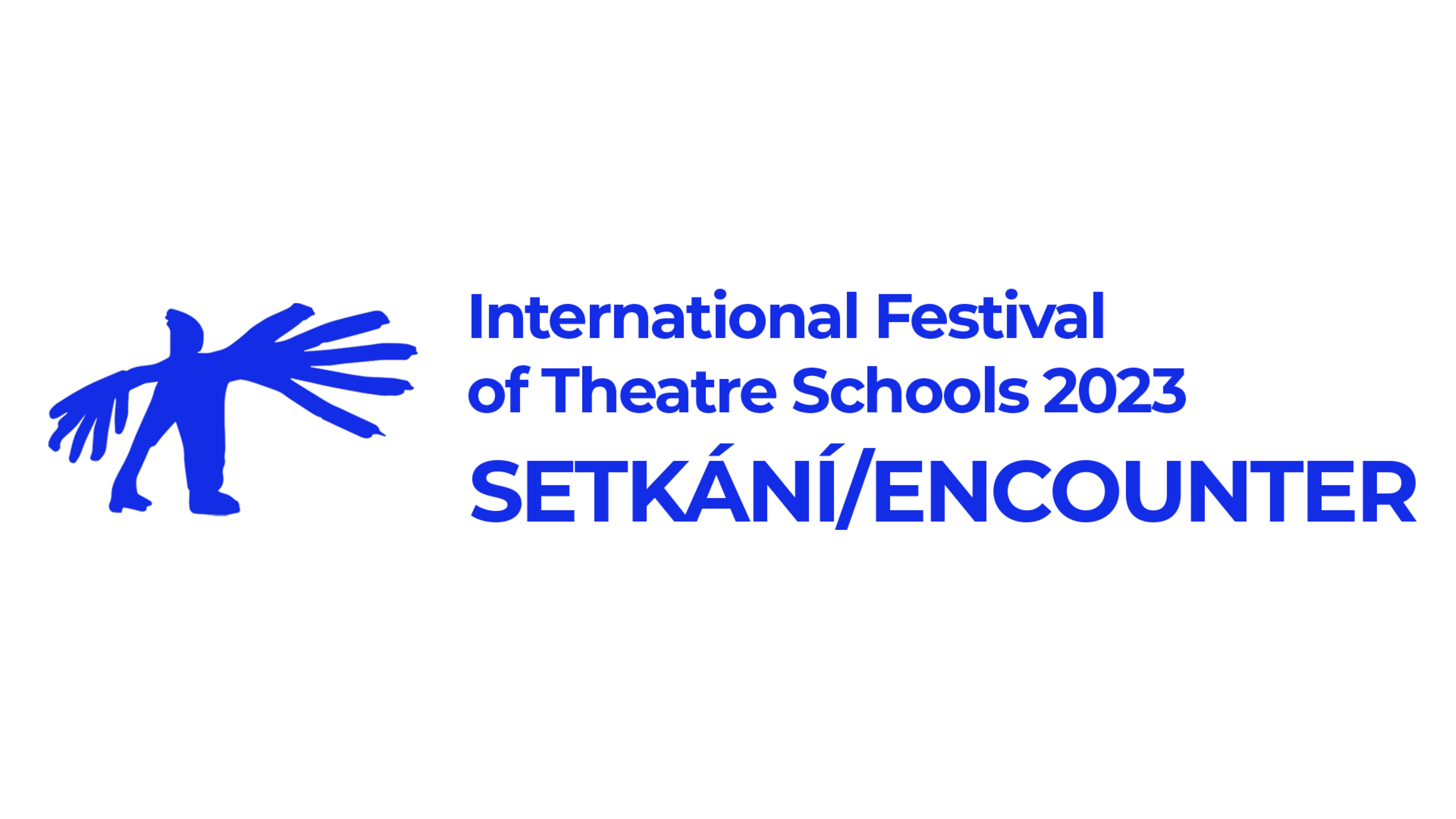
Concert for Divinity
We come into the hall, there is singing in it. We leave the theatre, we sing. This is how one could briefly describe the Polish production of Songs to the Gods of the World by the students of the fourth year from the National Theatre Arts Centre AST in Krakow.
Singing as a form of expression, song as a carrier of ideas and emotion as a result. The Polish creators have chosen several different religious and folk songs as a means of communication for their work – the vocal expression and the emotional gradation of the songs form a line in which the theme of the production can be found. The actors and actresses interpret several songs of praise and prayers that invoke higher entities. However, each person’s God may have a different name, with a different intensity of belief, so the interpretation remains up to the individual – who is, however, part of the musical collective.
Despite the fact that the production is built on repetition (song – darkness, song, darkness...), there is no monotony. The many languages (Polish, Ukrainian, Yiddish, Swahili, Norwegian and Turkish are heard in the production) and religious allusions make it difficult to navigate and grasp the contexts. The audience thus perceives the production and its message only on the basis of human desires and feelings, which it captures precisely thanks to the emotional praise. Longing, sadness, joy, or pain. All of this on an empty stage, where, apart from the performers, there is only a pianist and a few musical instruments.
The production is therefore, logically, based on the actors’/singers’ performances. It is almost unbelievable that a ten-member ensemble was able to give such balanced vocal performances. Each student demonstrated exceptional skills in working with their voice and its modulation. Despite the unquestionable qualities of all, the solos by Zofia Justyńska and Marek Puchowski were the highlights of the evening.
Coming into the hall, there was singing in the hall. We leave the theatre, singing, but suddenly there is silence. The moment in which religions, narratives and cultures came together suddenly resounded. The diversity of interpretations was brought together by one particular experience that wiped away all differences, and everyone understood despite the absence of a specific idea.


